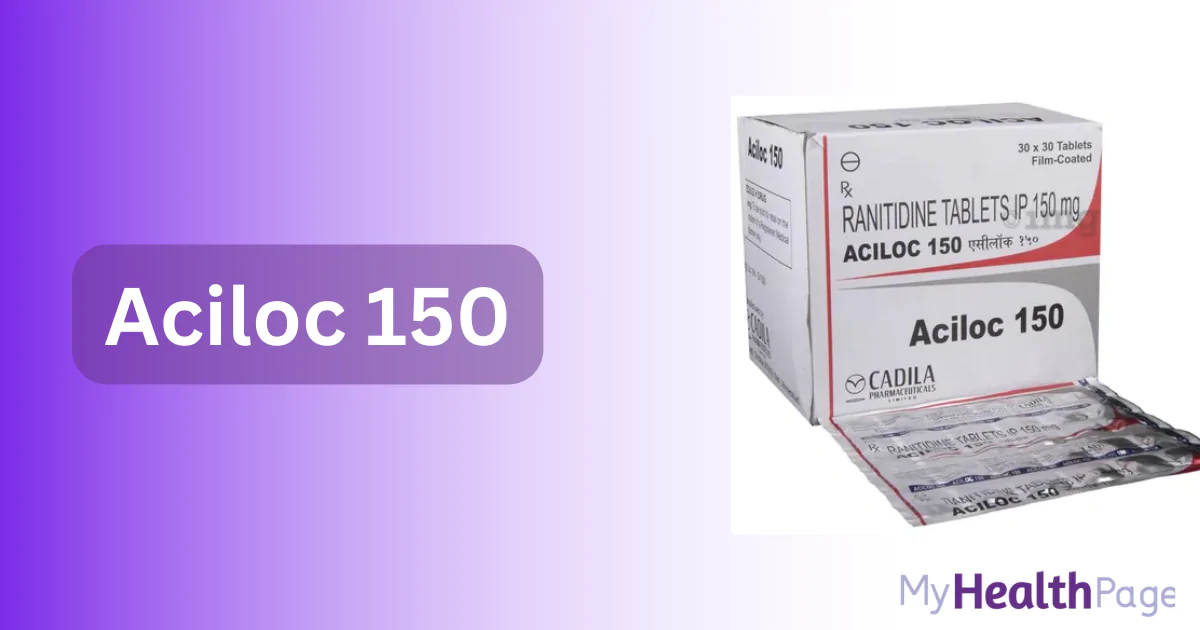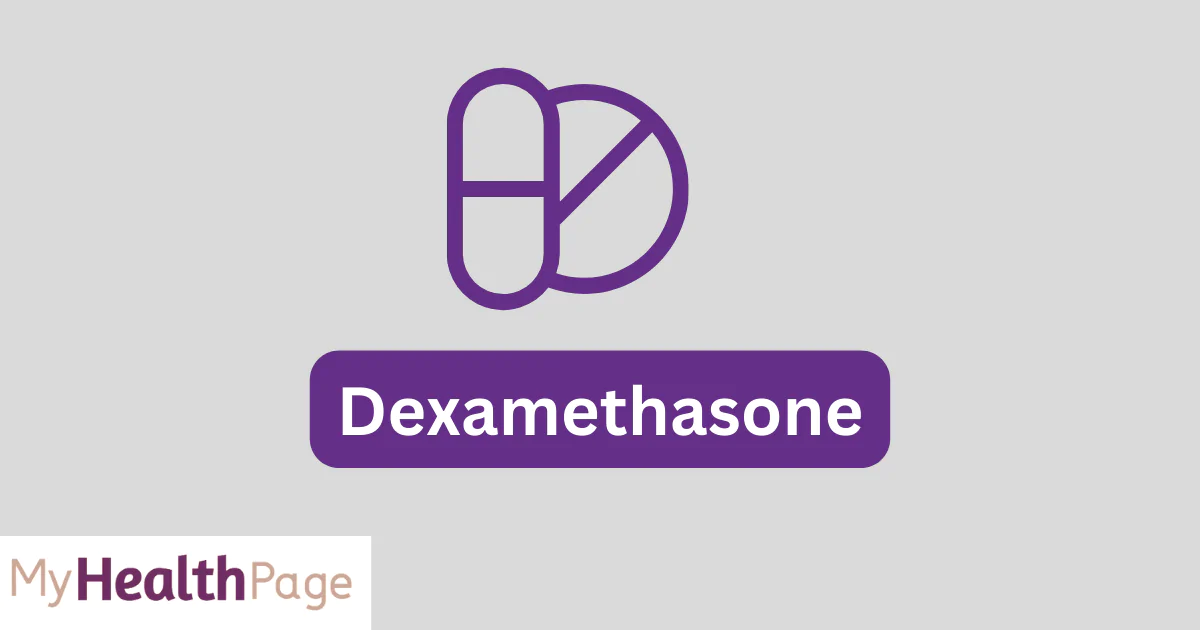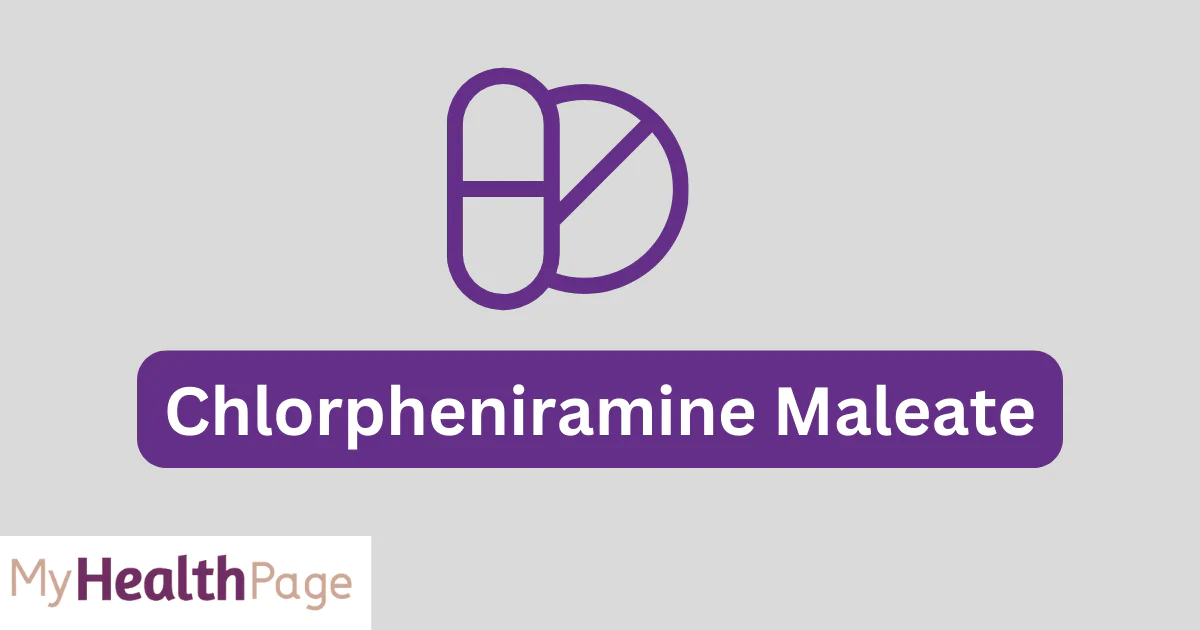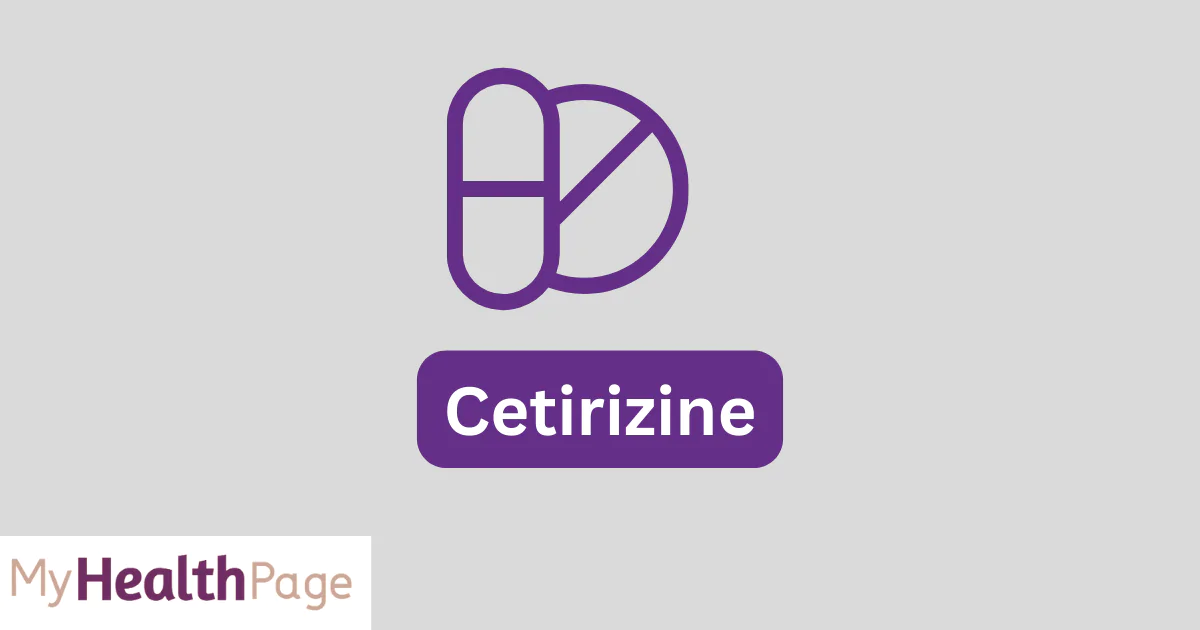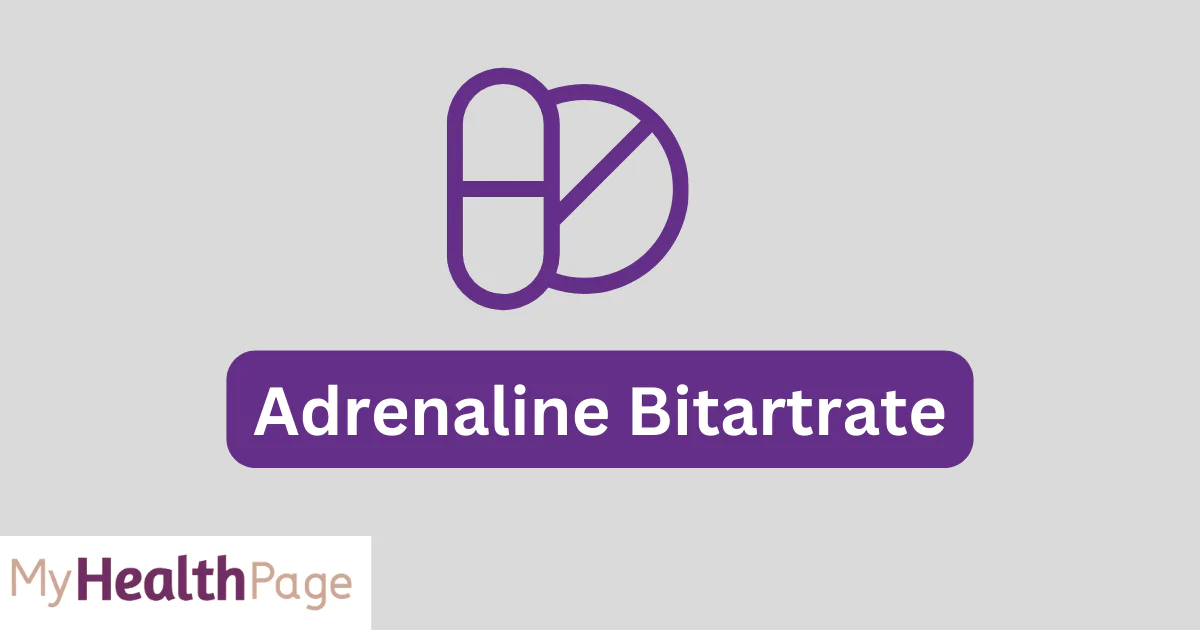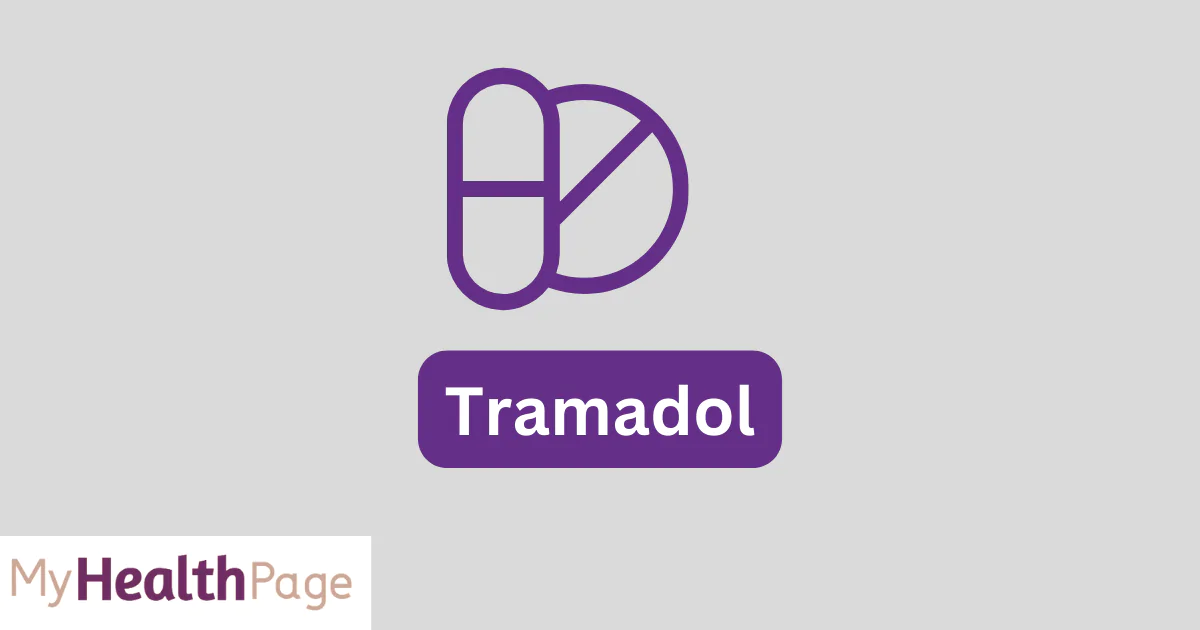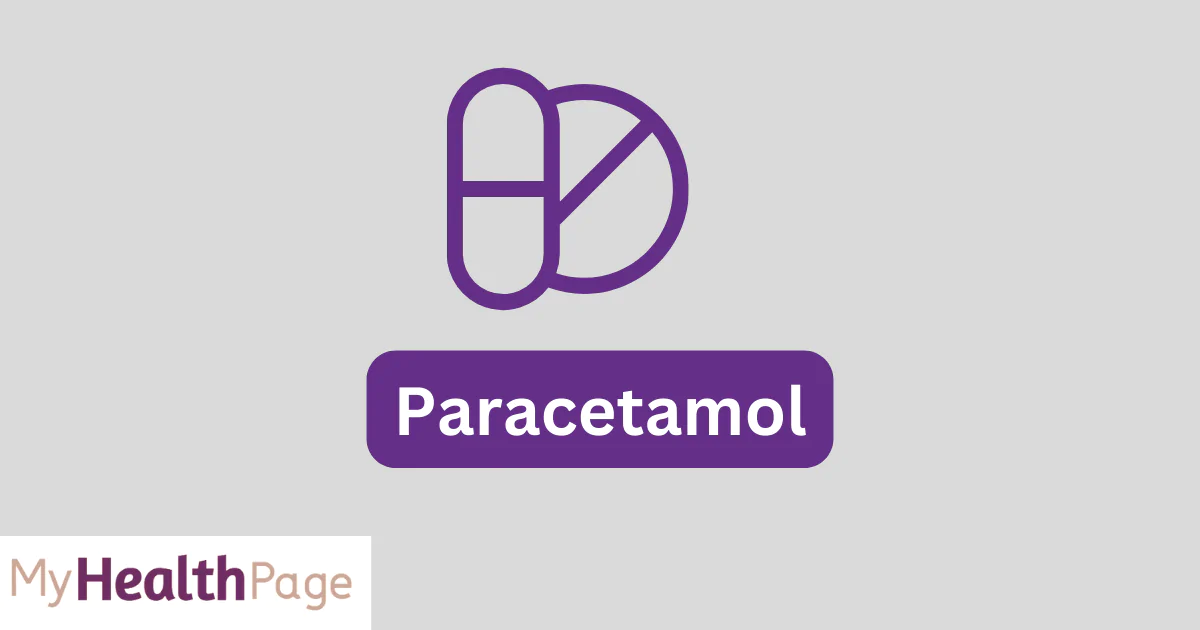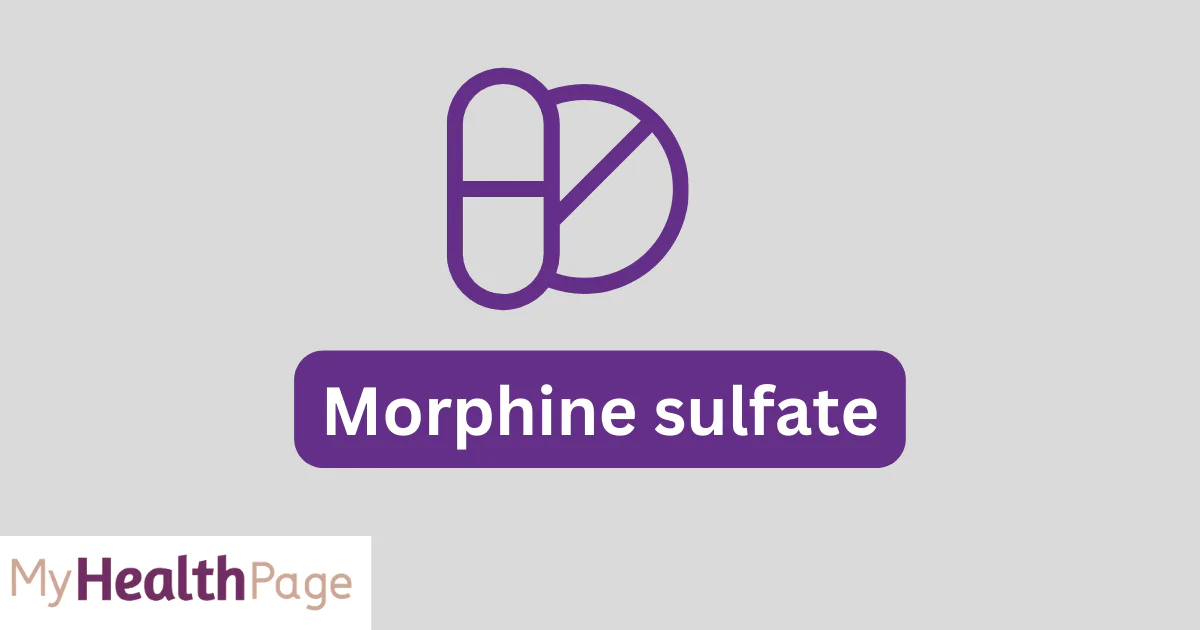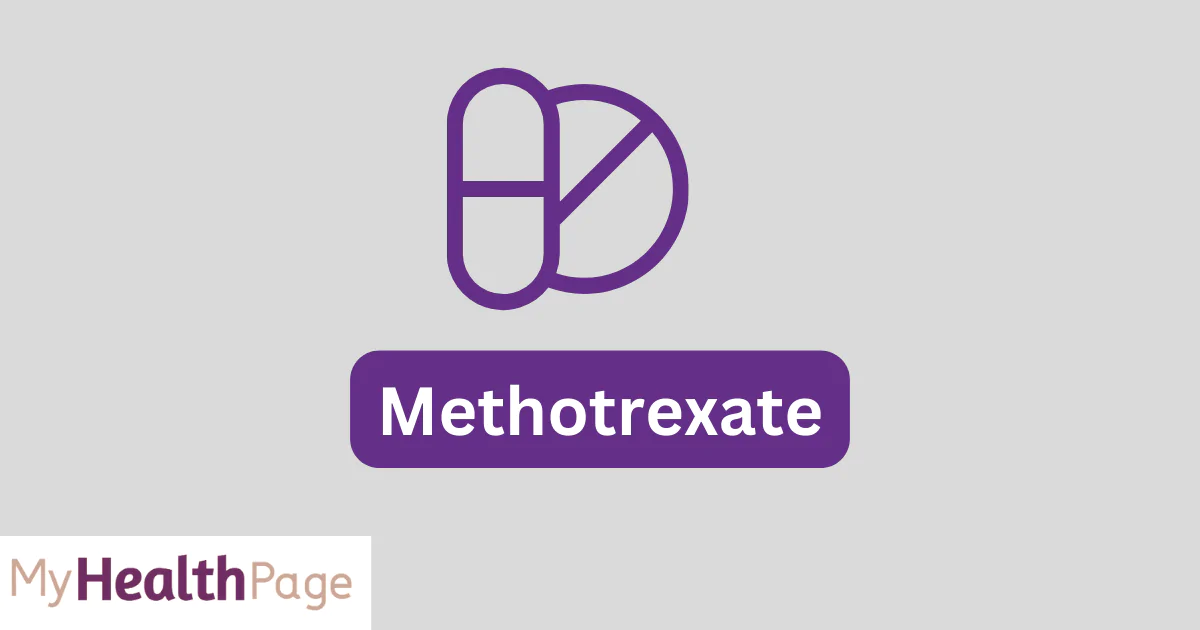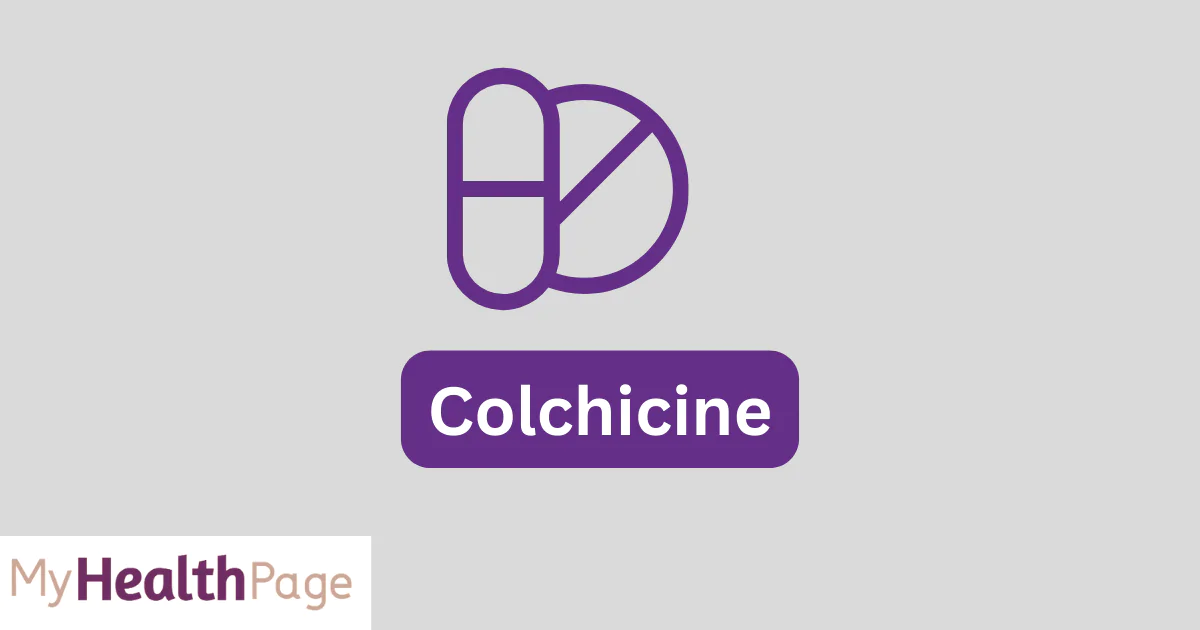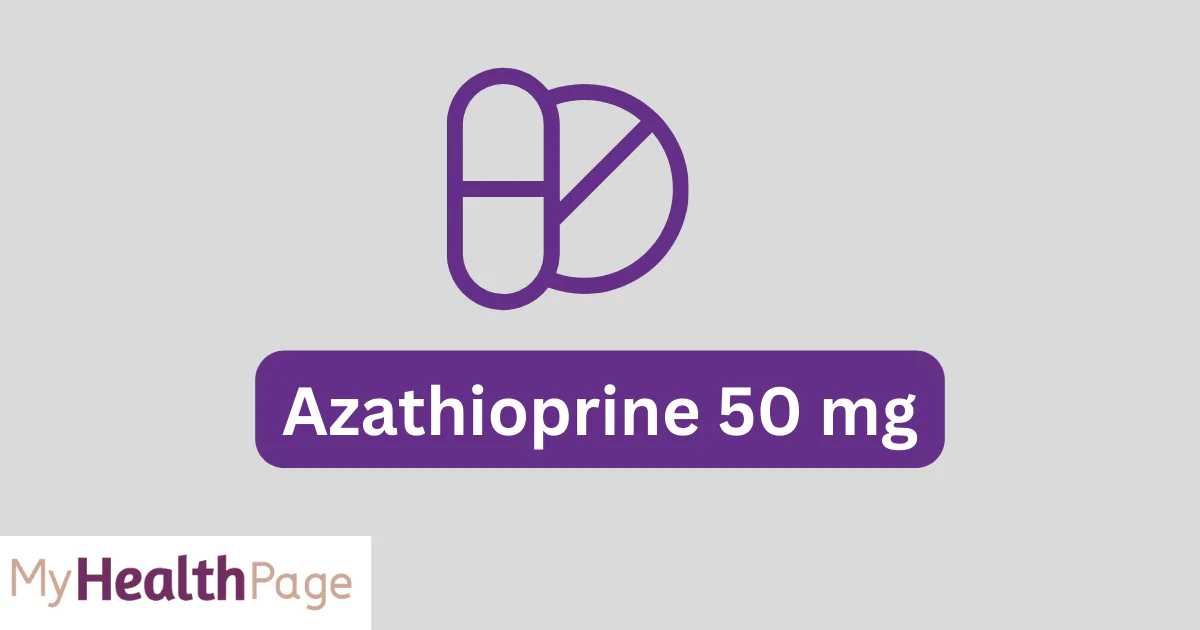Welcome to your comprehensive guide on Aciloc 150. This article aims to provide you with detailed insights into the medication, outlining its properties, uses, and important considerations. Understanding Aciloc 150 is essential for anyone considering or currently using this medication.
What is Aciloc 150?
Aciloc 150 is a widely prescribed medication known for its effectiveness in treating various health concerns. Its composition includes active ingredients such as Ranitidine, a H2 blocker that reduces stomach acid production. This medication plays a crucial role in addressing gastrointestinal issues, offering relief from discomfort and promoting healing.
Uses of Aciloc 150
Aciloc 150 is widely utilized for its efficacy in treating various gastrointestinal conditions. Its acidreducing properties aid in alleviating discomfort and promoting healing in the digestive system.
- Treatment of gastroesophageal reflux disease (GERD)
- Management of ulcers in the stomach and intestines
- Therapy for ZollingerEllison syndrome
- Alleviation of heartburn symptoms
- Relief from acid indigestion
- Reduction of sour stomach discomfort
- Prevention of ulcer development
- Healing of the esophagus damaged by stomach acids
Dosage and Administration
The correct dosage of Aciloc 150 is crucial for its efficacy. It is typically taken orally, following the prescribed dosage by healthcare professionals. Adherence to the prescribed regimen is important, and in cases of a missed dose or overdose, one should seek medical advice. The duration and dosage depend on the specific condition and patient response.
Potential Side Effects of Aciloc 150
Aciloc 150, though generally welltolerated, can have side effects varying from mild to severe in some individuals.
1.Common side effects:
- Headache
- Dizziness
- Constipation
- Diarrhea
2.Serious side effects (require immediate medical attention):
- Blurred vision
- Mood changes
- Irregular heartbeat
Precautions and Warnings
Patients with certain health conditions, such as liver or kidney disease, should exercise caution when using Aciloc 150. Pregnant or breastfeeding individuals must consult their healthcare provider before starting this medication. It’s also crucial for individuals with a history of acute porphyria to avoid this medication.
Interaction of Aciloc 150 with Other Medications
Aciloc 150 can interact with various medications, potentially affecting its effectiveness or increasing the risk of side effects. It’s crucial to discuss all medications being taken with a healthcare provider. Specific medicines that should be used cautiously or avoided with Aciloc 150 include:
- Ketoconazole or Itraconazole: Antifungal medications whose absorption can be reduced by Aciloc 150.
- Atazanavir: An antiretroviral drug used in HIV/AIDS treatment, its effectiveness can be decreased by Aciloc 150.
- Gefitinib: A cancer medication that may interact negatively with Aciloc 150.
- Delavirdine: An antiHIV medication, which can be less effective when used with Aciloc 150.
- Triazolam and Midazolam: Sedatives that can have altered effects when taken with Aciloc 150.
- Warfarin: An anticoagulant where Aciloc 150 can affect its blood thinning properties.
- Glipizide: A medication for diabetes, its interaction with Aciloc 150 can impact blood sugar control.
- Procainamide or NAcetylprocainamide: Heart rhythm medications that can have altered levels when used with Aciloc 150.
- Vitamins and Supplements: Especially those that require stomach acid for absorption, like vitamin B12.
- Herbal Products: Some herbal supplements can interact with Aciloc 150, altering its effects.
Storage and Safety Information
Proper storage of Aciloc 150 is important to maintain its effectiveness. It should be stored at room temperature, away from light and moisture. Keep this medication out of reach of children to prevent accidental ingestion, which could be harmful.
Conclusion
Aciloc 150 serves as a valuable tool in managing various gastrointestinal health concerns. For optimal benefits, it’s crucial to adhere to the prescribed guidelines and consult with your healthcare provider for personalized advice. This medication, when used correctly, can significantly improve quality of life by providing relief from discomforting symptoms.
Frequently Asked Questions (FAQs) about Aciloc 150
Q1: What exactly is Aciloc 150 used for?
A: Aciloc 150 is primarily used to treat conditions like gastroesophageal reflux disease (GERD), stomach and intestinal ulcers, and Zollinger-Ellison syndrome. It helps in reducing stomach acid, alleviating symptoms like heartburn, acid indigestion, and sour stomach.
Q2: How should Aciloc 150 be taken?
A: Aciloc 150 should be taken according to the dosage prescribed by your healthcare provider. It is usually taken orally and can be taken with or without food. Consistent adherence to the prescribed regimen is important for the medication’s effectiveness.
Q3: Can pregnant or breastfeeding women take Aciloc 150?
A: Pregnant or breastfeeding women should consult their healthcare provider before taking Aciloc 150. The healthcare provider will evaluate the benefits and potential risks associated with its use during pregnancy and breastfeeding.
Q4: Are there any common side effects of taking Aciloc 150?
A: Yes, some common side effects include headache, dizziness, constipation, and diarrhea. However, these are generally mild and temporary. If you experience persistent or severe side effects, consult your healthcare provider.
Q5: Can Aciloc 150 interact with other medications?
A: Yes, Aciloc 150 can interact with other medications, which can affect its effectiveness or increase the risk of side effects. It’s important to inform your healthcare provider about all other medications you’re taking, including over-the-counter drugs, supplements, and herbal products.
Q6: How should Aciloc 150 be stored?
A: Aciloc 150 should be stored at room temperature, away from direct light and moisture. Keep the medication out of reach of children to prevent accidental ingestion.
Q7: Is it safe to consume alcohol while taking Aciloc 150?
A: It’s advisable to consult your healthcare provider regarding alcohol consumption while taking Aciloc 150, as alcohol can exacerbate some conditions treated by the medication and may interact with it.
Q8: What should I do if I miss a dose of Aciloc 150?
A: If you miss a dose of Aciloc 150, take it as soon as you remember. However, if it’s almost time for your next dose, skip the missed dose and resume your regular dosing schedule. Do not double the dose to make up for the missed one.
Q9: Can Aciloc 150 be taken on an empty stomach?
A: Aciloc 150 can be taken with or without food. Follow your healthcare provider’s instructions regarding the best way to take it.
Q10: How long does it take for Aciloc 150 to work?
A: The time Aciloc 150 takes to work can vary depending on the condition being treated and the individual’s response to the medication. Some people may experience relief in symptoms within an hour, while for others, it may take longer. Consult your healthcare provider for more specific information.
Read more : 7 benefits of taking Neurobion Forte Tablet

